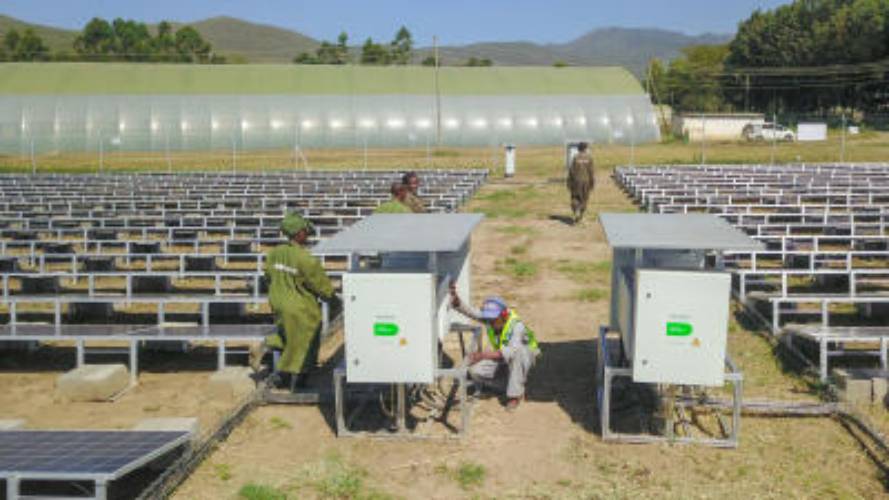×
The Standard e-Paper
Join Thousands Daily

As the cost of electricity continues to rise, flower farms in Naivasha are shifting to solar energy in a bid to cut down on the cost of production.
The farmers have identified the high cost of electricity and frequent power outages as some of the major challenges currently facing the sector that rakes in billions of shillings every year.